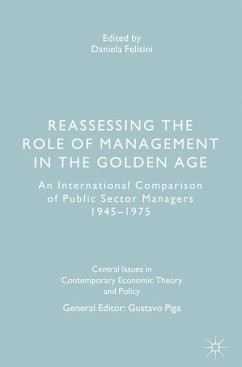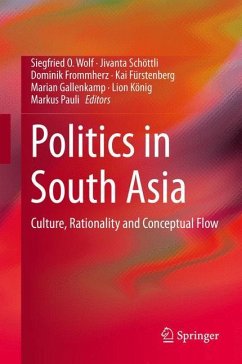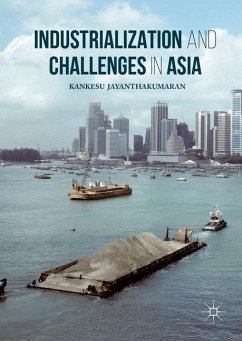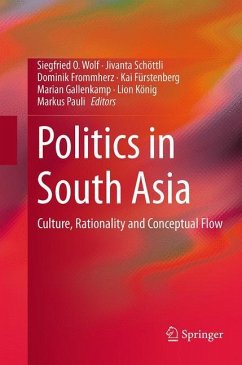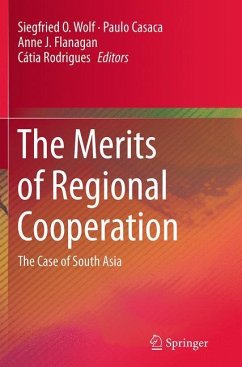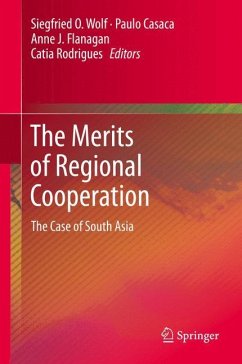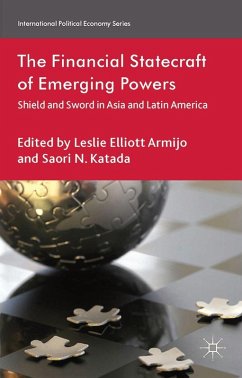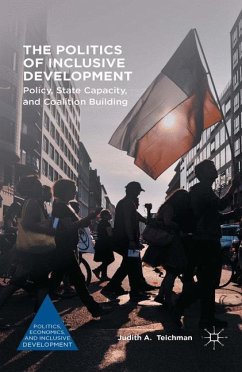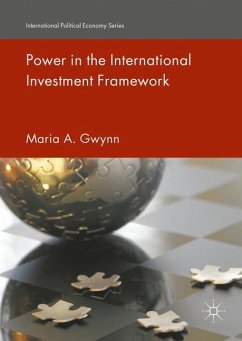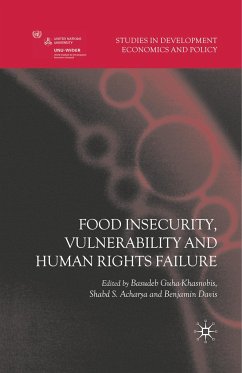
Development Challenges in Bhutan
Perspectives on Inequality and Gross National Happiness
Herausgegeben: Schmidt, Johannes Dragsbæk

PAYBACK Punkte
53 °P sammeln!
This book provides essential insights into Bhutan's developmental challenges. It analyzes and scrutinizes the sovereign state's developmental approach, including the idea of Gross National Happiness (GNH), which has replaced Gross National Product (GNP) as a measurement of prosperity. The authors also explore and deconstruct ideational and cultural aspects of knowledge production and present a critical overall assessment of the political economy of education policy, health, ICT and migration in Bhutan. The book is divided into five parts all taking a critical approach towards inequality: Part ...
This book provides essential insights into Bhutan's developmental challenges. It analyzes and scrutinizes the sovereign state's developmental approach, including the idea of Gross National Happiness (GNH), which has replaced Gross National Product (GNP) as a measurement of prosperity. The authors also explore and deconstruct ideational and cultural aspects of knowledge production and present a critical overall assessment of the political economy of education policy, health, ICT and migration in Bhutan. The book is divided into five parts all taking a critical approach towards inequality: Part one offers an assessment of Bhutan's developmental trajectories; part two deals with GNH, equality and inclusion versus exclusion; part three is devoted to culture, legal issues and the politics of change; and part four to governance and integration; section five addresses health, food and disparities. This book will appeal to all scholars of South Asianaffairs and development studies, as well as to diplomats and professionals involved in development aid.



